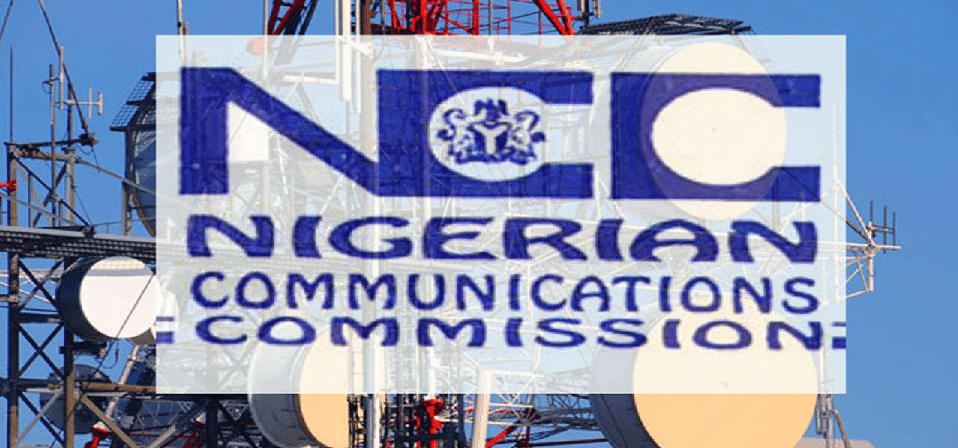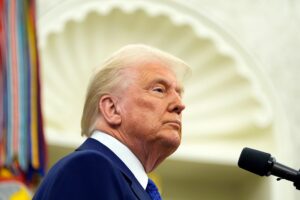Business leaders in Nigeria’s telecom industry say the government’s recent shift back to market-driven pricing is one of the most decisive steps taken in years to revive the sector, restore investor confidence, and close the yawning gap in infrastructure.
The Nigerian Communications Commission (NCC) now confirms that the policy has already attracted more than $1 billion in fresh infrastructure investments in 2025, just months after it took effect.
Speaking at an interactive session with journalists in Lagos on Friday, NCC Executive Vice Chairman Aminu Maida said the landmark pricing reform — rolled out in January and February — ended nearly a decade of frozen tariffs for mobile network operators (MNOs). The new framework allows operators to adjust tariffs by up to 50%, reversing years of underinvestment and sluggish network expansion.
“This act alone has allowed investments to flow in,” Maida said. “We will be revealing more specific figures in the coming weeks after verification, but we are talking about over a billion dollars’ worth of investment in 2025 alone.”
For years, Nigeria’s telecom sector operated under a rigid pricing structure that left MNOs unable to adjust service rates despite spiraling costs. Tower companies, by contrast, had annual leeway to revise prices in line with inflation and foreign exchange fluctuations, creating an uneven playing field.
The freeze, according to industry insiders, discouraged investment, delayed equipment upgrades, and eroded service quality — particularly as global telecom technology evolved rapidly. The NCC opens the way for operators to reposition Nigeria among competitive telecom markets worldwide by restoring the principles of the 2000 National Telecom Policy and the 2003 Communications Act, which advocate for market-driven pricing while safeguarding competition and consumers.
“This is an industry that requires continuous investment,” Maida said. “The world is moving ahead, and if we do not create the right conditions, we will be left behind.”
Maida disclosed that telecom operators began placing fresh equipment orders earlier this year, with deliveries starting in June. Network expansion and upgrades are now underway across the country.
“We are closely tracking the rollout,” Maida explained. “We hold weekly calls with operators to monitor site builds, upgrades, and to step in when they face challenges with authorities.”
Industry analysts say these upgrades could significantly boost capacity, improve internet speeds, and enhance voice service quality — factors that are crucial to Nigeria’s digital economy ambitions.
While celebrating the new investment inflow, Maida acknowledged that operators still face enormous operational cost burdens. The sector consumes more than 40 million liters of diesel each month — most of it imported — to power base stations.
The foreign exchange dependency is equally crippling. All network hardware and software is imported, with no domestic production capacity for critical telecom equipment.
“There is nothing you need to build or upgrade a network today in Nigeria that you can buy locally,” Maida said.
The NCC is also addressing the security risks to Nigeria’s telecom backbone. Working with the Office of the National Security Adviser (ONSA), the regulator is developing region-specific rapid response frameworks to protect infrastructure.
The approach varies by geography — coastal areas require more community engagement, while volatile regions need a stronger civil defense presence. Maida stressed that the strategy goes beyond deploying force; it tackles the root causes of site vulnerability, such as inadequate security, generator theft, and disputes with host communities.
With the new pricing model breathing life back into the sector, and with targeted investments and security measures in motion, many believe Nigeria could be on the cusp of its most significant telecom transformation in a decade — provided the momentum is sustained.


